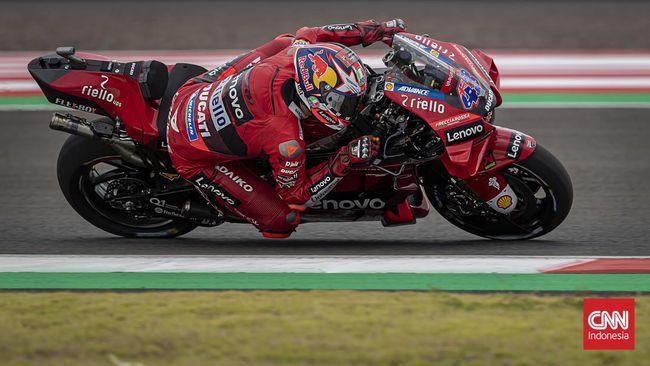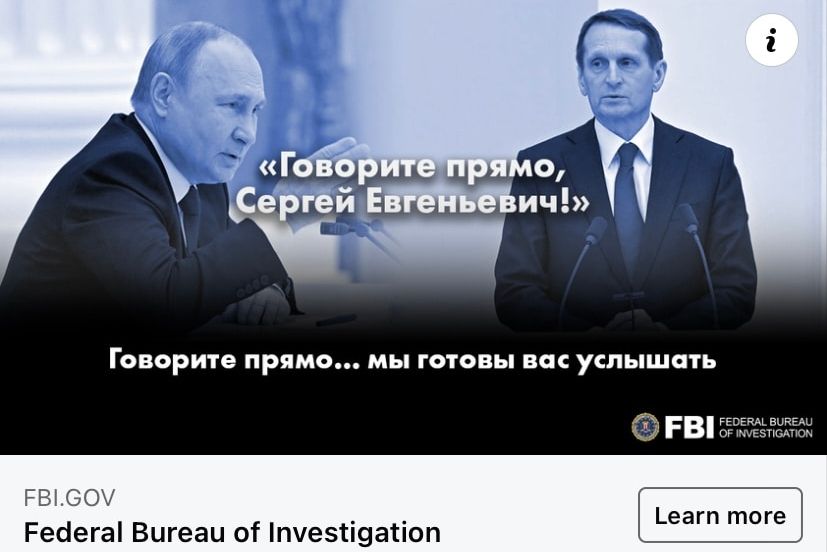Argentine researchers from Conicet and the Fundación Infant were able to explain why a vaccine against syncytial virus (RSV) failed more than 50 years ago. The vaccine that was applied in the United States At the time, it caused the death of two young children and the hospitalization of more than 80% of those immunized after becoming infected with the virus.. In the wake of the results of the research will be able to design vaccines that avoid generating unwanted responses, they explained.
Scientists claim that This advance will generate a contribution for future developments against this virus and other pathogens that affect the child population. it is included it will be possible to “understand how previously healthy children die from this virus in vulnerable areas of the Greater Buenos Aires”, pointed out, the doctor Mauricio Caballero, researcher of the Infant Foundation and Conicet.
RSV is a very common virus that causes mild cold-like symptoms in healthy adults and older children. It can be more serious in babies, especially those in certain high-risk groups. In young children it can cause bronchiolitis, lung failure, or pneumonia.
The infection can occur in people of all ages. The virus spreads through tiny droplets that go into the air when a sick person blows their nose, coughs, or sneezes.
Following the horrific events of 1966, when two 14- and 16-month-old babies died and scores of people who were vaccinated developed “intensified” disease after being infected with the virus, the development of a vaccine was hampered for decades.
The head of the study, the infectologist Fernando Polack, director and founder of the Infant Foundation in Buenos Aires, indicated: “Our work somehow closes all the hypotheses that have been considered trying to explain the unfortunate outcome of the vaccine used in the 1960s”.
it was not clear In that half century, what had been the mechanisms by which the vaccine administered in the United States had prepared the immune system to respond in this way to RSV infection, reported the CyTA-Leloir Agency.
The study, published in the international scientific journal “Science Translational Medicine”, describes the work carried out by the Argentine researchers: samples of lung tissues preserved from the boys who died after receiving a vaccine against respiratory syncytial virus were analyzed and additional studies were carried out with models animals.
Molecular analyzes revealed that, after being immunized, the deceased boys had developed an exaggerated immune response upon contact with RSV.
“Our study largely explains what happened. We were able to verify that RSV infection in immunized deceased boys triggered abnormal antibody productions that ended up generating the deposit of immune complexes that damaged their lungs, thus causing great inflammation and then death,” Polack said.
“We verified that they had a high deviation of their type II allergic immune response with a high presence of eosinophils in the lung, which are cells of the immune system that are triggered by infections and initiate intense inflammatory processes,” Polack said.
They noted the presence of a large number of allergic activation mediators and CCL5, a type of chemokine that plays an important role in the immune response, stimulating the movement of certain types of white blood cells and attracting them to areas of inflammation to help the body fight infections, inflammatory conditions and other diseases and stimulates eosinophils, which are responsible for destroying foreign substances.
Following the results of the investigation, the director of the Infant Foundation stressed that “eosinophils and CCL5 can be used from now on as witness safety markers when carrying out preliminary safety tests on vaccines” for children in general.
The research “opens doors to the future to design vaccines with a fine tuning approach that allows, in addition to generating an effective response, to abolish this unwanted type of responsenot only against RSV but also other highly relevant pathogens,” said Damián Álvarez-Paggi, also the author of the study and a Conicet researcher at the Fundación Infant.
The approach carried out “is a kick that opens a methodological range to understand how previously healthy children die from this virus in vulnerable areas of the Buenos Aires suburbs”, said, for his part, the doctor Mauricio Caballero, a researcher at the Infant Foundation and Conicet.
–


